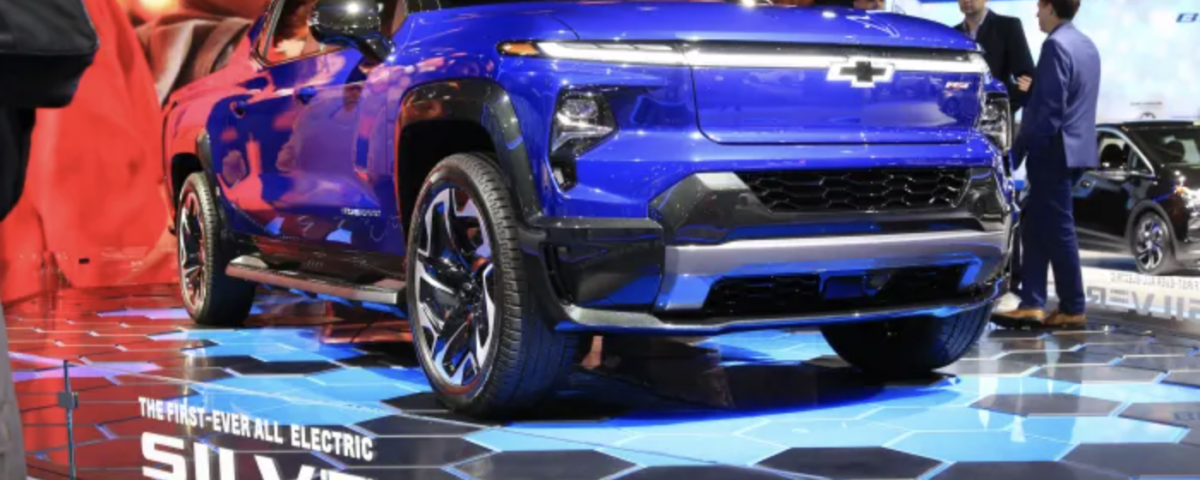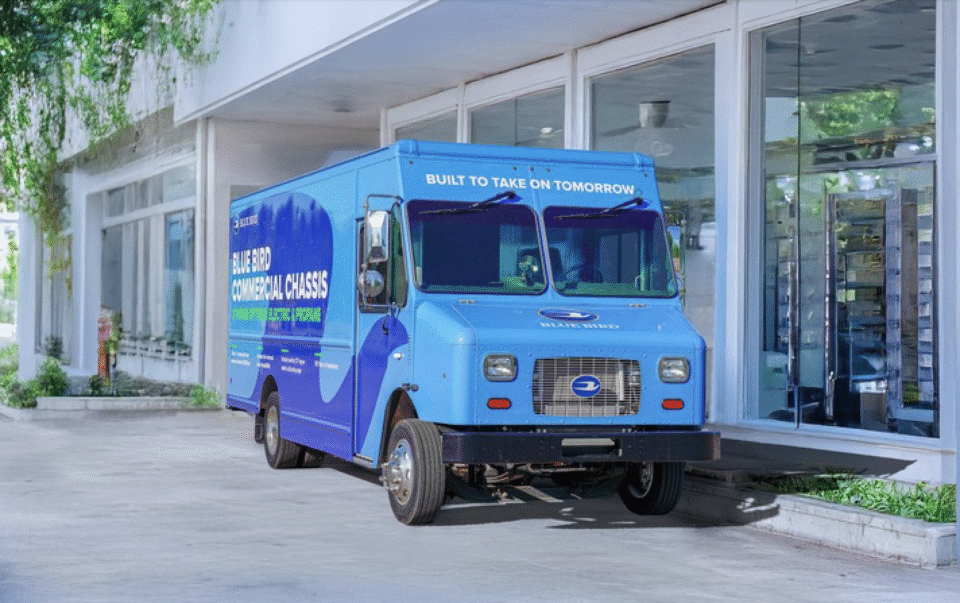GM is launching a new business to connect homes and businesses with EV chargers, energy storage

General Motors on Tuesday said that it is forming a new business unit to offer stationary battery packs, solar panels, electric vehicle chargers and other energy-management products for homes and businesses.
The new unit, called GM Energy, aims to build on the battery and software expertise that GM has amassed in recent years to develop a new line of electric vehicles that will, in time, replace its internal-combustion offerings.
GM Energy will offer products and services for what the company calls “energy management,” including hardware such as batteries and solar panels as well as hydrogen fuel cells and — importantly — cloud-based software that can link these offerings with electric vehicles and utility companies. The products, some of which will be provided by partners, can be tailored for individual homeowners as well as businesses, including companies operating fleets of electric vehicles.
 The commercial operations are already underway, while home energy systems will be available starting next year as the 2024 Chevrolet Silverado EV goes on sale.
The commercial operations are already underway, while home energy systems will be available starting next year as the 2024 Chevrolet Silverado EV goes on sale.
The goal of GM Energy is twofold: assist the automaker in controlling the customer experience when they purchase a new EV, and create a sustainable business as GM attempts to double annual revenue to $280 billion by the end of this decade.
Travis Hester, vice president of GM’s EV growth operations, said the new business unit offers customers and energy grids “resiliency.”
“If you have a sudden unexpected power outage, then you can use your vehicle or your stationary storage box to be able to power your home or small business,” he said. And the batteries can feed energy back into a regional power grid during a heat wave or other event.
GM isn’t first into this space. Most notably, Tesla has offered charging, solar and energy storage for several years. There are also more traditional competitors such as Generac. Ford Motor is also entering the space.
The total addressable market of products and services being targeted by GM Energy is between $125 billion and $250 billion, according to Hester. He told CNBC that growing concerns about the U.S. power grid make this a timely offering.
Hester said that GM Energy has already signed up a series of partners that will help it deliver products and services and integrate its offerings into the grid. Those partners include solar giant SunPower, which will install GM’s home systems and provide solar panels, and regional utility companies including Pacific Gas and Electric (PG&E) and Con Edison.
“It was really important to us that when we launched this that it was not a plan for the future, but actually something we’re doing right now,” Hester said, adding more partnerships will be announced soon.
PG&E is working with GM Energy on a pilot test of a “bi-directional charger,” which allows an EV to provide power to a home during a blackout. The EVs charge at night when rates are low and potentially provide energy back to the grid during peak hours.
“The business fundamentals behind this are very solid,” Hester said, adding that energy management can save commercial customers hundreds of thousands of dollars a year and provide additional savings, if not income, for consumers.
The companies expect to begin making that charger available to PG&E customers next year.
Ford Motor has a similar deal with PG&E for its electric F-150 Lightning. It also has partnered with Sunrun as a preferred installer of home energy systems. Installations of those systems began earlier this year.
View the original article.




